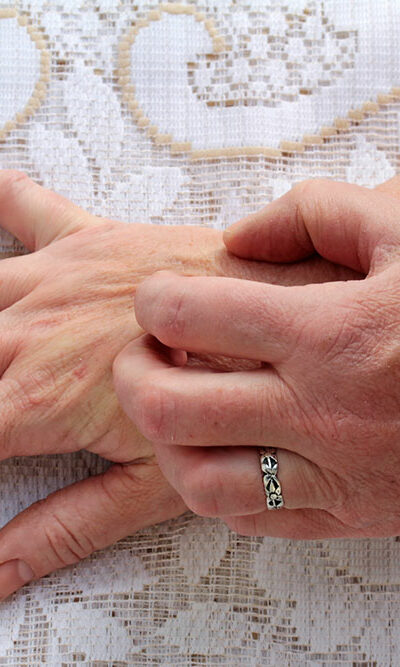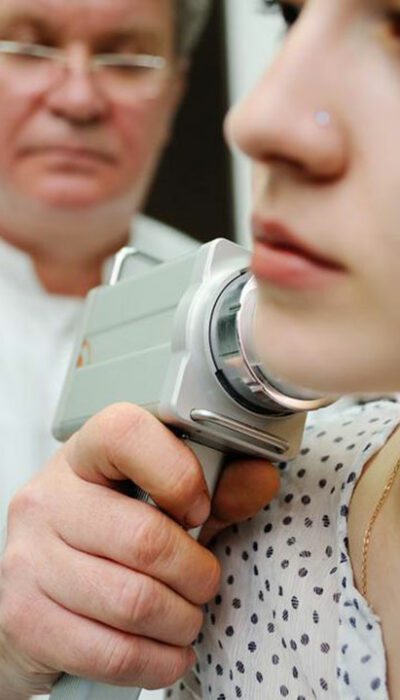
All You Need to Know about Sinus Infection Symptoms
Symptoms of sinus infections are often confused with those of a common cold. They are more persistent than the symptoms of common cold and can take longer to get cured. Although sinus infections are not caused due to a common cold, it can sometimes be a foundation for sinus infections. Symptoms of a Sinus Infection The most common symptoms of sinus are as follows There is a pressure of the sinuses that is felt at the back of the eyes and cheeks. Infection of the eye socket is possible. This may be followed by loss of sight. There may be incidental fever as well as severe illness. The pain worsens when the person is bending over or lying down. A runny nose could persist for longer than a week. A headache that is worsening or a toothache might occur. There may be an infection in the forehead bones known as osteomyelitis along with other bones of the face. Fever, bad breath, and cough are clear sinus allergy signs. Problems with the middle ear may arise as well. With the nasal passages being congested, there is a possibility of infections that might occur in the middle ear. This is accompanied by dizziness as well as a sense of vibration and a heavy feeling in the head. There is secretion of yellowish-green mucus from your nose and there may be blood or pus in it. Fatigue that is not usually faced. A reduced sense of smell. Sinus Infections as per their Location The types of paranasal sinuses can be pairs of frontal, maxillary, ethmoidal as well as sphenoidal. There is a further subdivision of the ethmoidal sinuses into posterior as well as anterior sinuses. The maxillary sinuses cause pressure and pain in the maxilla or cheek. This results in headaches or toothaches.










